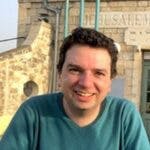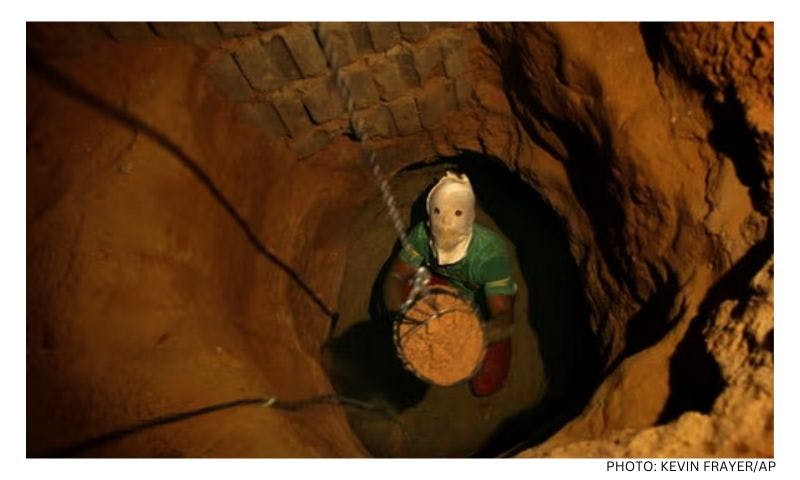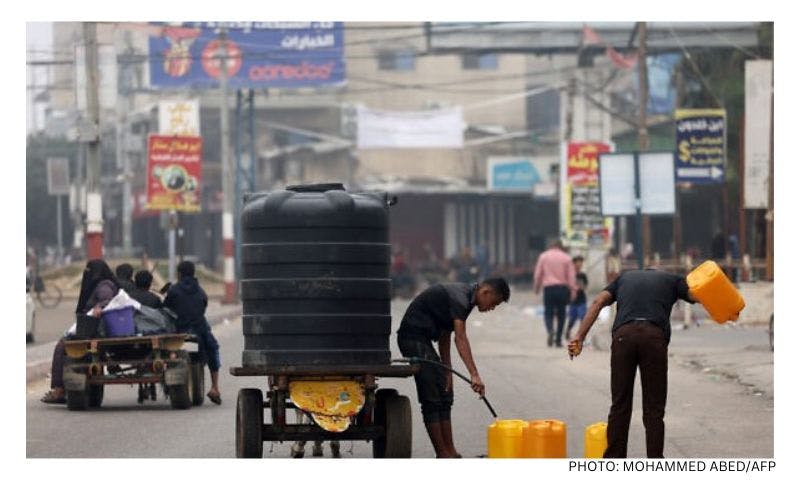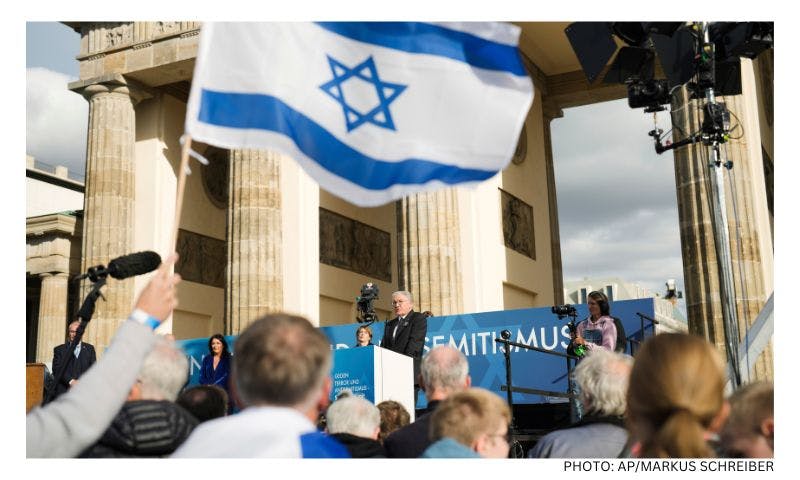Published: 22 February 2022
Last updated: 4 March 2024
ITTAY FLESCHER reports on an event hosted by NGO Combatants for Peace, which discussed how water allocation is used against villages in the West Bank
WHEN MOST PEOPLE think of the key issues that need to be solved to achieve peace between Israelis and Palestinians, the first to come up are security, borders, land, Jerusalem, refugees and Jerusalem.
But in a Zoom event hosted by Combatants for Peace earlier this month about Israeli policy towards Palestinians in Area C of the West Bank, the issue of water allocation took centre stage.
Combatants for Peace is an Israeli-Palestinian NGO committed to non-violent action against the “Israeli occupation and all forms of violence” in Israel and the Palestinian territories.
Avner Vishnitzer, a founding member, began the session (attended by 169 people) by saying that “denial of water is worst kind of institutional violence,” later showing a short video of Israeli forces demolishing a water cistern in the South Hebron Hills, nearby the settlement of Avigail which has no shortage of water.
He claimed that the denial of water to what Israel considers to be illegal Palestinian villages in Area C is a brutal tool used by the “occupation forces” to compel Palestinians to leave their land.
He added that while many settlers are allocated 70-80 litres of water per day per person, in some Palestinians villages in the South Hebron Hills, the water allocation is just 23-28 litres pe day, which is well below the recommendations of the WHO.

The second speaker, Nada Majdalani, Director of the Palestine office of EcoPeace Middle East, told the forum that climate change is exacerbating existing tensions and conflicts in the region.
She explained that because water was left as a final status issue in the 1993 Oslo Accords, it has never really been addressed and has become hostage to all the other unresolved issues.
Dror Etkes, who is the founder of Kerem Navot (Navot’s Vineyard), and has documented the development of settlements and Israeli policy in the West Bank, gave a specific case study in his presentation about the Psagot Winery, which began with the takeover of 80 dunams of Palestinian private land near Ramallah.
One woman told a heartbreaking story of seeing nearby settlements where children enjoyed the summer in swimming pools, while in her village of Susya there was a severe shortage of water for basic needs.
A significant portion of the grapes from which the wine is made come from appropriated soil. After the business grew, the winery owners began to bring grapes from other places as well, such as settlements in the Nablus and Shiloh areas.
Etkes said it was outrageous that Israel allocates 16 million litres of water every year to this company, in effect giving a stamp of approval to an immoral land grab.
The final speaker, Fatma Nawaja, a resident of the South Hebron hills, began her presentation by saying that “when there is no water, there is no life”. She told a heartbreaking story of seeing nearby settlements where children enjoyed the summer in swimming pools, while in her village of Susya there was a severe shortage of water for basic needs such as cleaning, washing and feeding livestock.
In her concluding remarks, Nada Majdalani said that for this problem to be fixed, the occupation must end and Palestinians must have sovereignty over their water resources in order to achieve justice and prosperity for all people in the region.




